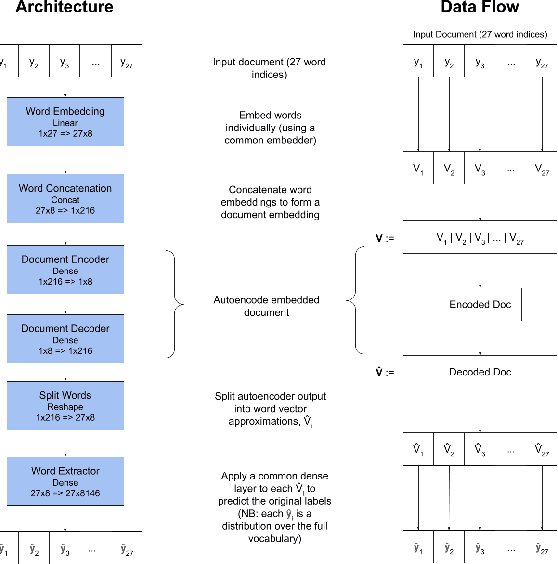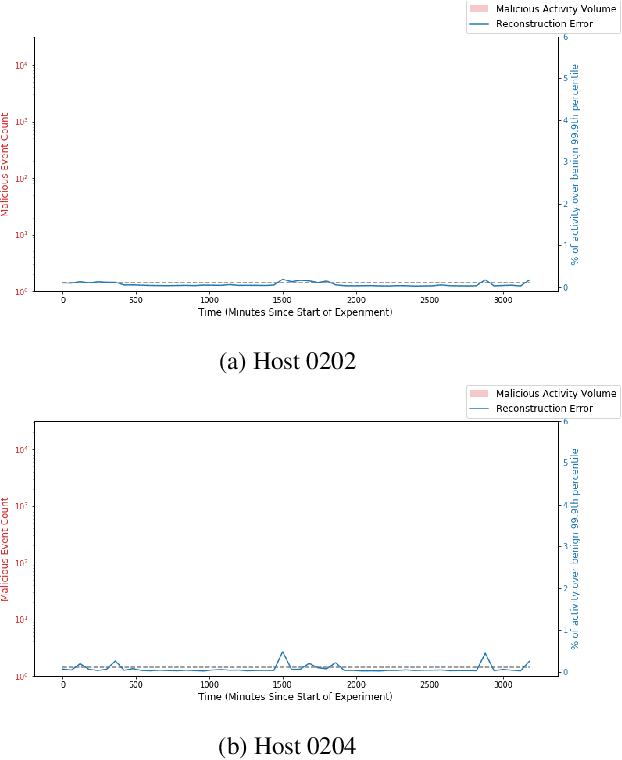John A. Emanuello
Proceedings of TDA: Applications of Topological Data Analysis to Data Science, Artificial Intelligence, and Machine Learning Workshop at SDM 2022
Apr 14, 2022Abstract:Topological Data Analysis (TDA) is a rigorous framework that borrows techniques from geometric and algebraic topology, category theory, and combinatorics in order to study the "shape" of such complex high-dimensional data. Research in this area has grown significantly over the last several years bringing a deeply rooted theory to bear on practical applications in areas such as genomics, natural language processing, medicine, cybersecurity, energy, and climate change. Within some of these areas, TDA has also been used to augment AI and ML techniques. We believe there is further utility to be gained in this space that can be facilitated by a workshop bringing together experts (both theorists and practitioners) and non-experts. Currently there is an active community of pure mathematicians with research interests in developing and exploring the theoretical and computational aspects of TDA. Applied mathematicians and other practitioners are also present in community but do not represent a majority. This speaks to the primary aim of this workshop which is to grow a wider community of interest in TDA. By fostering meaningful exchanges between these groups, from across the government, academia, and industry, we hope to create new synergies that can only come through building a mutual comprehensive awareness of the problem and solution spaces.
End-To-End Anomaly Detection for Identifying Malicious Cyber Behavior through NLP-Based Log Embeddings
Aug 27, 2021



Abstract:Rule-based IDS (intrusion detection systems) are being replaced by more robust neural IDS, which demonstrate great potential in the field of Cybersecurity. However, these ML approaches continue to rely on ad-hoc feature engineering techniques, which lack the capacity to vectorize inputs in ways that are fully relevant to the discovery of anomalous cyber activity. We propose a deep end-to-end framework with NLP-inspired components for identifying potentially malicious behaviors on enterprise computer networks. We also demonstrate the efficacy of this technique on the recently released DARPA OpTC data set.
 Add to Chrome
Add to Chrome Add to Firefox
Add to Firefox Add to Edge
Add to Edge